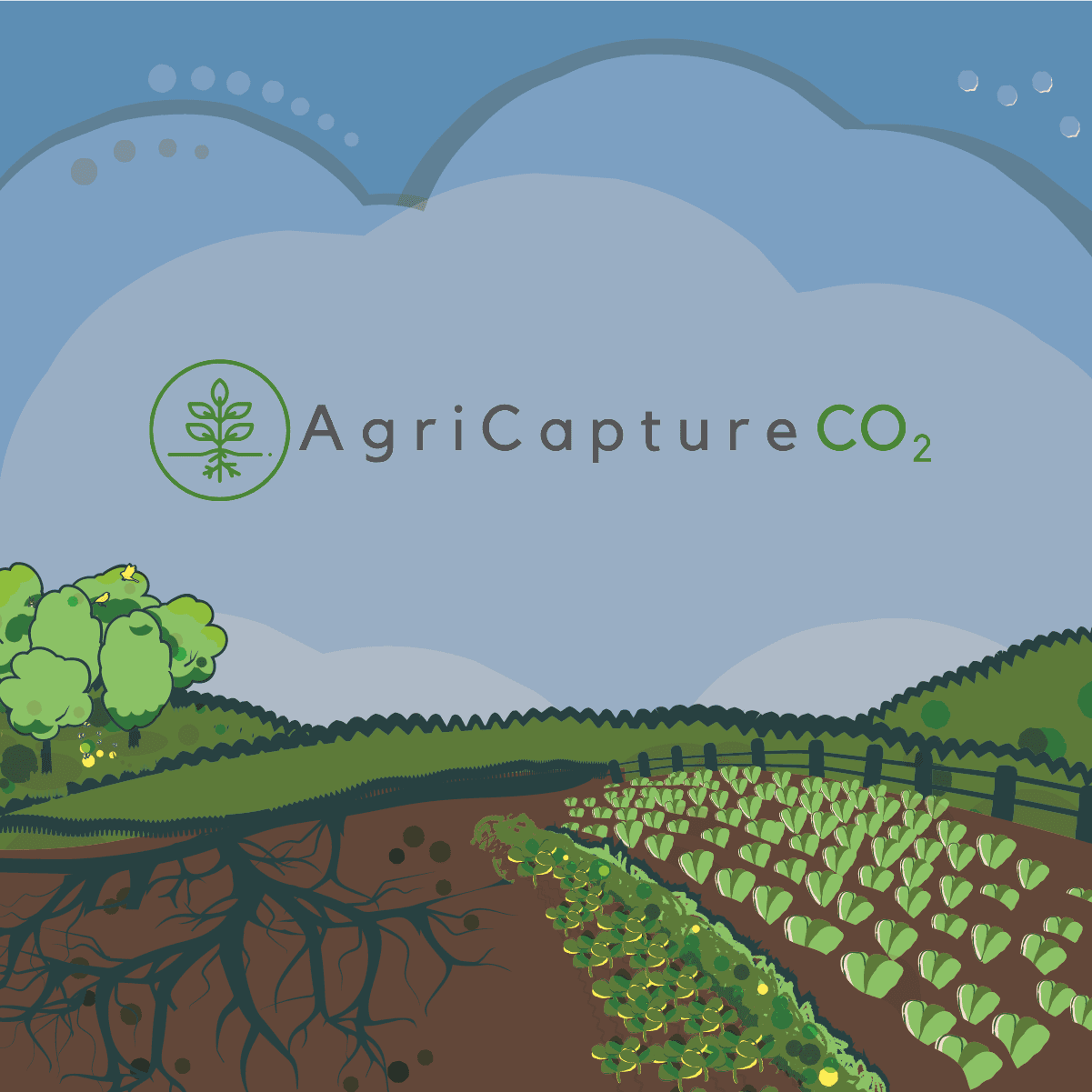Livestock
There is increasing focus on ruminant livestock as a source of greenhouse gas emissions as society becomes increasingly concerned about the impact of the food system on climate change.
Although it must be remembered that agriculture as a whole contributes only 10% of the UK’s GHGs – and livestock half of that – it is nevertheless vital that the industry takes its own steps towards decarbonisation and emissions reduction.
While often it’s the ruminant belching of methane which is the sole focus of policymakers and scientists, one current trial here at the Allerton Project is assessing the impact that supplementary feeding of tannin-rich willow leaves can have on emissions of nitrous oxide, ammonia and carbon dioxide from sheep urine. It is anticipated that replicate trials will continue to reinforce early results indicating that such emissions can be significantly reduced through the incorporation of a relatively small volume of willow leaves. Future trials may also determine similar reductions in belched methane.
It’s also thought that willow grazing has demonstrable benefits for reductions in intestinal worm burdens, as well as providing a natural source of micro-nutrients such as cobalt, zinc and selenium. This research is complimentary to our interest in silvopastoral systems, and may provide compelling evidence for the future composition of such low-input nature-friendly systems.
This also runs alongside our ongoing research into deep-rooting grasses, diverse herbal leys and the impact they may have on more environmentally sustainable production systems.


